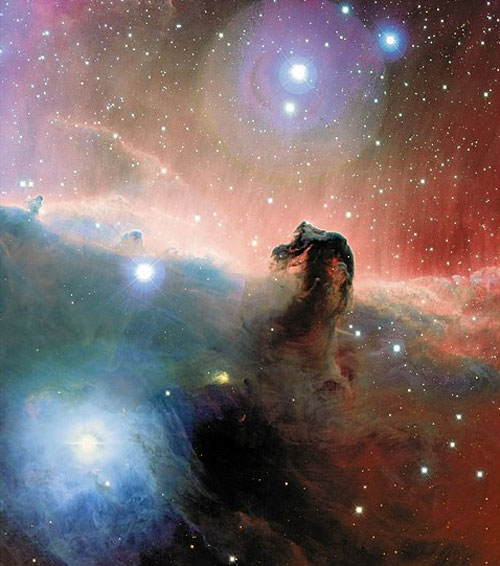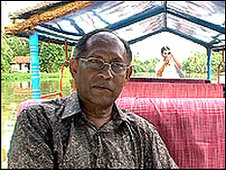
Professor’s alien life ‘seed’ theory claimed
New evidence from astrobiology “overwhelmingly” supports the view that life was seeded from outside Earth, a scientist has claimed.
Prof Chandra Wickramasinghe of Cardiff University says the first microbes were deposited on Earth 3,800m years ago.
The astrobiologist has helped developed the panspermia theory which suggests an extra-terrestrial origin for life.
He argues for a cycle of life as microbes find their way into comets and “multiply and seed other planets”.
In the article, published in the International Journal of Astrobiology, Monday, he argues humans and indeed all life on Earth is of alien origin, brought onto the planet by comets hitting the planet.
Prof Wickramasinghe, of Cardiff University’s centre for astrobiology, says there is a cyclical transfer process of life from planet to planet.
He believes comets hit planets and push living organic matter out into space, some of which survives and in turn gets transferred to developing planetary systems over a timescale of millions and millions of years, seeding life on the newly formed planets.
He accepts this model still does not explain how life actually began in the first place, but says there is no hard evidence to support the theory that life only began in a “primordial soup” on Earth, or other places.
Over the past three decades research has shown that large swathes of the Milky Way are strewn with gigantic dust clouds full of organic molecules, which some people have argued shows life emerging independently from new in these clouds.

In his paper, he says recent interpretation of spectra readings from the organic molecules found in interstellar clouds has indicated that they are in fact the remains of bacteria which has been broken down, rather than being built up.
“Interstellar clouds appear to be the graveyard of life not its cradle,” he said.
“Each time a new planetary system forms a few surviving microbes find their way into comets. These then multiply and seed other planets,” he said.
He adds: “We are thus part of a connected chain of being that extends over a large volume of the cosmos. Evidence is pointing inexorably in this direction.”
The professor and his late colleague Sir Fred Hoyle championed the panspermia theory from the 1960s.